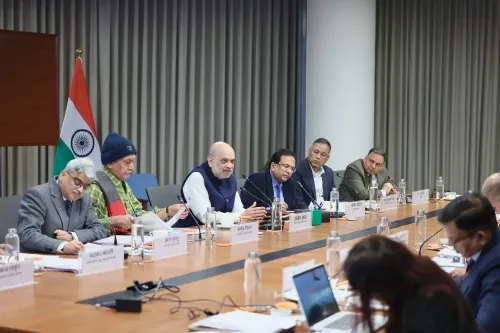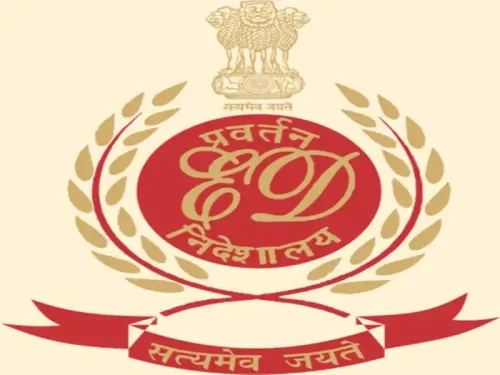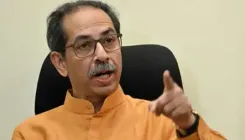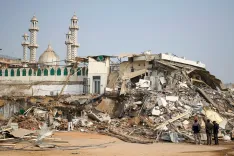Will the Supreme Court Address the Air Pollution Crisis Tomorrow?
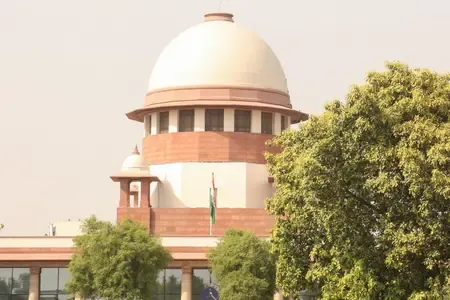
Synopsis
Key Takeaways
- Supreme Court to continue hearing on air pollution crisis.
- Delhi-NCR faces severe pollution levels.
- Stubble burning and stagnant weather are major contributors.
- Governments of Punjab and Haryana directed to report on actions taken.
- Potential penalties discussed for crop residue burning.
New Delhi, Nov 16 (NationPress) The Supreme Court is scheduled to continue its proceedings on Monday regarding the public interest litigation (PIL) related to the alarming levels of air pollution in the national capital and surrounding regions.
The hearing is crucial due to ongoing stubble burning and stagnant weather that have pushed the air quality in Delhi-NCR into the "severe" category.
According to the cause list available on the Supreme Court's official website, a Bench comprising Chief Justice of India (CJI) B.R. Gavai along with Justices K. Vinod Chandran and N.V. Anjaria will resume the discussion on November 17.
During the last session on November 12, the CJI Gavai-led panel expressed alarm regarding the worsening air quality, despite the implementation of the Graded Response Action Plan (GRAP), and instructed the governments of Punjab and Haryana to submit comprehensive affidavits detailing the actions taken to mitigate stubble burning.
The Supreme Court acknowledged claims indicating that the Air Quality Index (AQI) had exceeded 450 in multiple locations across Delhi-NCR.
Senior advocate Gopal Sankaranarayanan noted that even standard construction activities, including drilling work near the Supreme Court premises, were ongoing despite hazardous air quality. "For the next few days, such activities should cease," Sankaranarayanan advised the court.
Additionally, senior advocate Aparajita Singh, serving as amicus curiae, highlighted inconsistencies in official pollution statistics and cautioned that the situation was becoming increasingly perilous.
The CJI Gavai-led Bench, which has been closely monitoring this issue, previously requested a report from the Commission for Air Quality Management (CAQM) regarding its oversight and enforcement strategies. The court even urged the Centre to contemplate imposing strict penalties, including arrests, to discourage farmers from burning crop residue.
Recently, Supreme Court Justice P. S. Narasimha encouraged lawyers to avoid in-person appearances and instead utilize virtual hearings, warning that Delhi's toxic air poses a risk of "permanent damage". "The situation is extremely serious! Why are you all appearing here?" Justice Narasimha remarked. "We have the virtual hearing facility available. Please make use of it. This pollution will cause lasting harm," he added.


